Chinese EV’s controlling Thai electric vehicle market
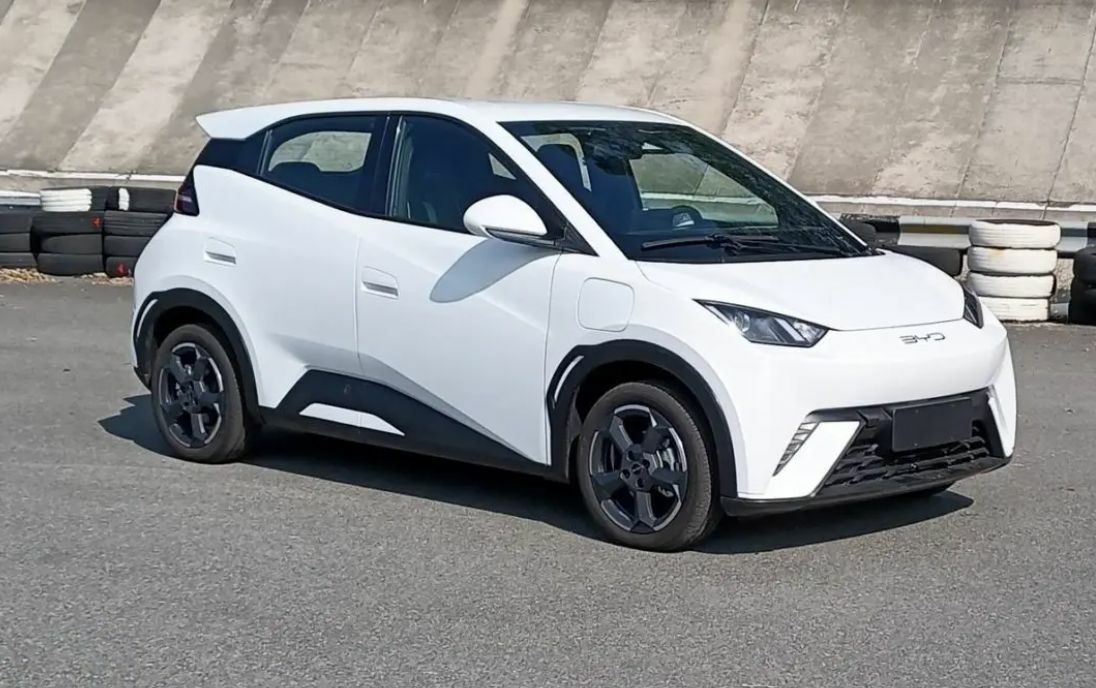
Chinese automaker BYD has made significant inroads into the Thai electric vehicle (EV) market, with its popular Atto 3 SUVs which is capturing a 31% market share within 12 months of its launch in October last year. This is a figure that far surpasses the 9,200 new vehicles registered by the Chinese-made Neta V and the Tesla Model Y, which sold over 4,700 units with a 9% market share between January and September this year and in September alone, BYD’s latest release, the BYD Dolphin, became the best seller with over 1,600 units sold.
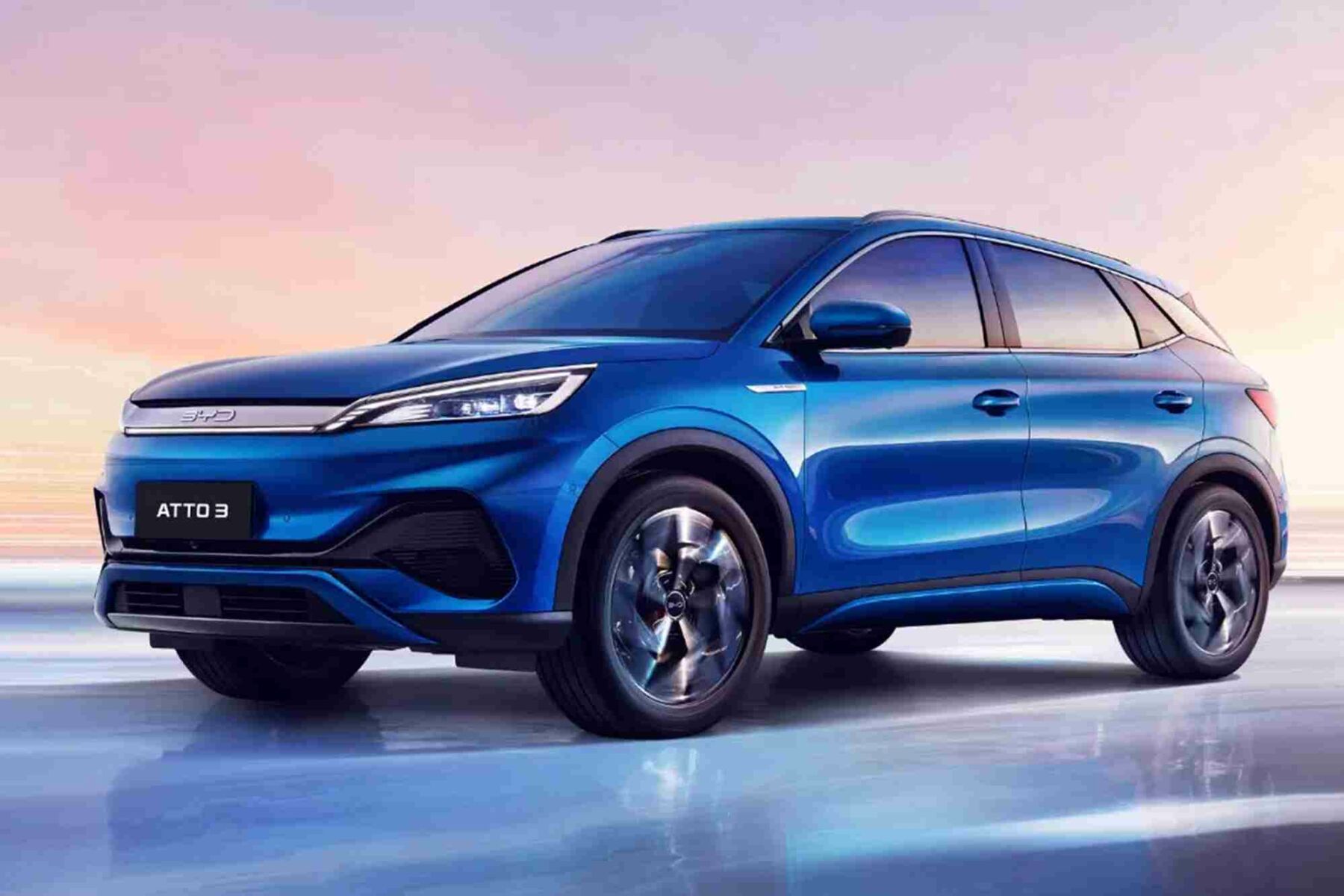
History of Electric Vehicles in Thailand
The history of EVs in Thailand has been a gradual journey that is marked by the convergence of factors like environmental consciousness, technological advancements, and government-driven initiatives. While Thailand has been known for its thriving automotive industry, the adoption of electric vehicles is a more recent development.
In the early 2000s, governmental agencies and research institutions began investigating the potential of EVs however, it was in 2009 when a pivotal moment arrived with the introduction of Thailand’s first indigenous EV manufacturer, TMEC, who unveiled the “TMEC E-Car” in its initial form.
The year 2014 marked a significant milestone with Nissan’s launch of the LEAF in Thailand, the country’s first mass-produced, fully electric passenger vehicle. As of 2022, Thailand emerged as a regional production hub for electric vehicles where it has policies and incentives aimed at accelerating the growth of EVs on the nation’s roads. This is signalling a promising future for the EV market in Thailand and for the last 50 years, Thailand has been a significant automobile producer and exporter in Southeast Asia, with some help from Japanese automakers.
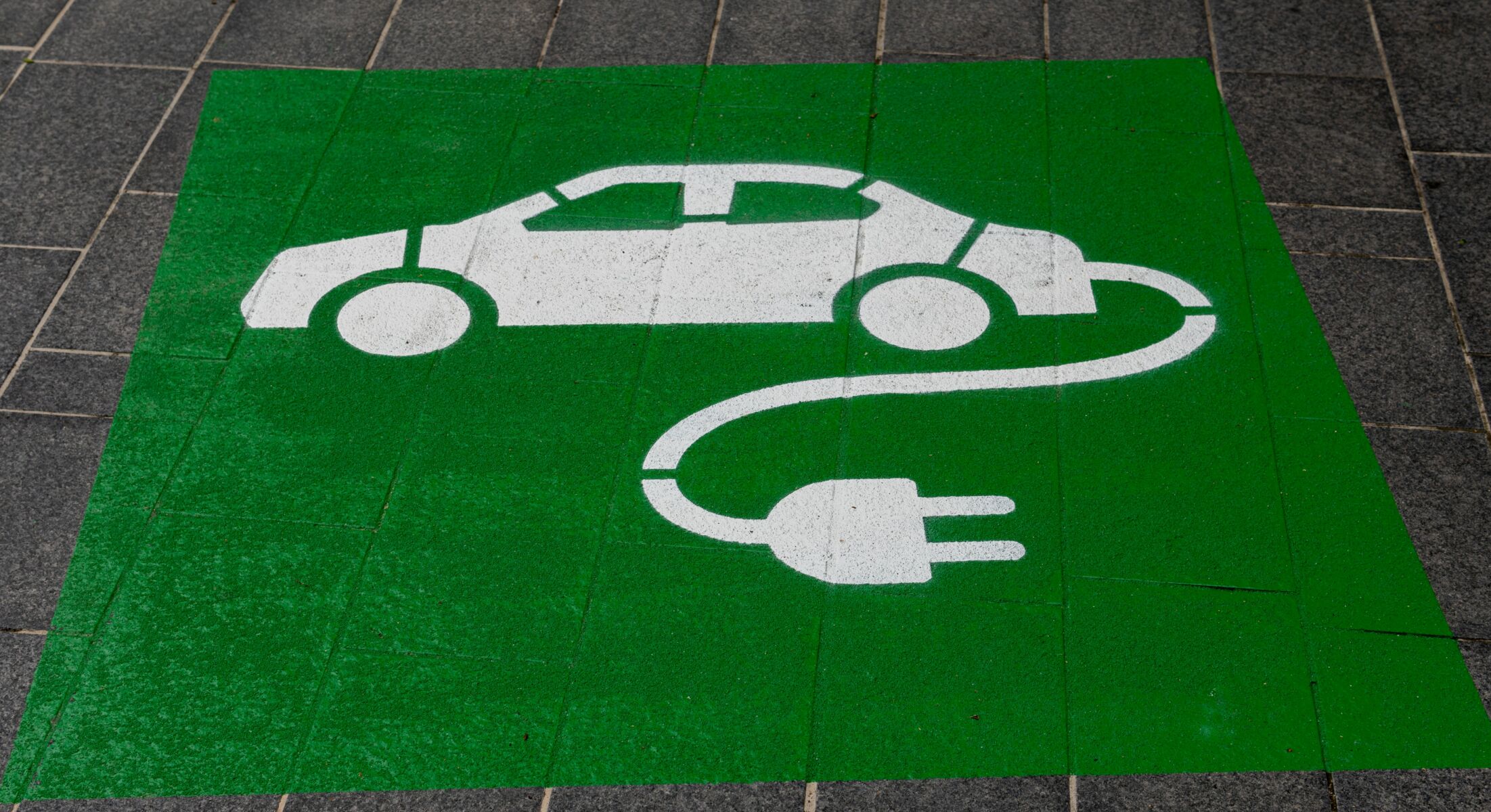
With 78.7% of battery electric vehicle sales in the first quarter of 2023, Thailand has already overtaken Indonesia and Vietnam, which have sales shares of 8% and 6.8%, respectively, as the largest EV market in Southeast Asia. While Japanese automakers have slowed down their product debuts, Thai auto dealers have shifted their focus to marketing Chinese EVs in response to the shifting market. Nearly 9,000 new battery EVs were registered in September, up 300% from the same month last year, according to the Federation of Thai Industries.
Chinese EVs first made their way into the Thai market in 2019 with MG Motor’s MG ZS. Great Wall Motor’s Ora Good Cat then gained traction in 2021 with record pre-orders. In 2022, BYD made its debut in the Thai market with its flagship model. The company also invested $495 million in a production factory, which is expected to start producing cars for sale to Southeast Asia and Europe in 2024.
The other Chinese automakers are doing the same. By 2024, Neta’s manufacturer, Hozon New Energy Automobile, intends to build a production facility in Thailand to begin producing the Neta V locally. By the end of this year, Guangzhou-based GAC AION plans to build 50 dealerships around the country and introduce two new automobile models in Thailand. Furthermore, Changan Automobile intends to build a 100,000-vehicle facility and is anticipated to join the Thai market before the year is up.
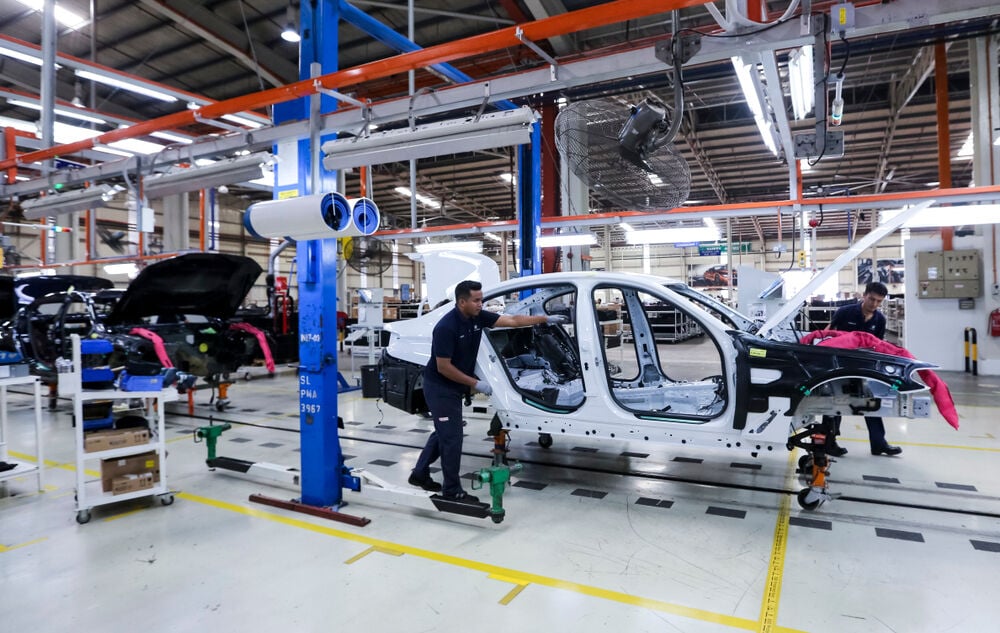
Why Thailand is becoming a popular destination for EV buyers
Thailand is becoming a popular destination for EV buyers due to the abundance of reasonably priced Chinese EVs on the market. The reasonable costs of Chinese EVs are partly due to a variety of government subsidies, investment incentives, and duty-free access to the Thai market under the China-ASEAN free trade agreement. The ability of Chinese manufacturers to produce EVs more affordably than those in other nations is another benefit.
Thailand’s indigenous automakers have been impacted by the increasing import of Chinese electric vehicles. The Federation of Thai Industries said in July that local automakers have lowered their annual output goals by about 50,000 vehicles.
Chinese automakers are posing a threat to well-known automakers worldwide, including Japanese producers. Toyota, for example, sold less than 25,000 EVs globally in 2018, but BYD sold more than 1.85 million EVs, including plug-ins. Aat Pisanwanich, an economist, thinks that Thai automakers are unlikely to relocate their production facilities because of Thailand’s significant role in the billion-dollar Japanese auto supply chain. Because of its advantages in the EV industry and its support for foreign investors, Pisanwanich thinks Thailand will continue to be a popular location even if the inflow of Chinese EVs is projected to lower the market share of Japanese vehicle manufacturers.
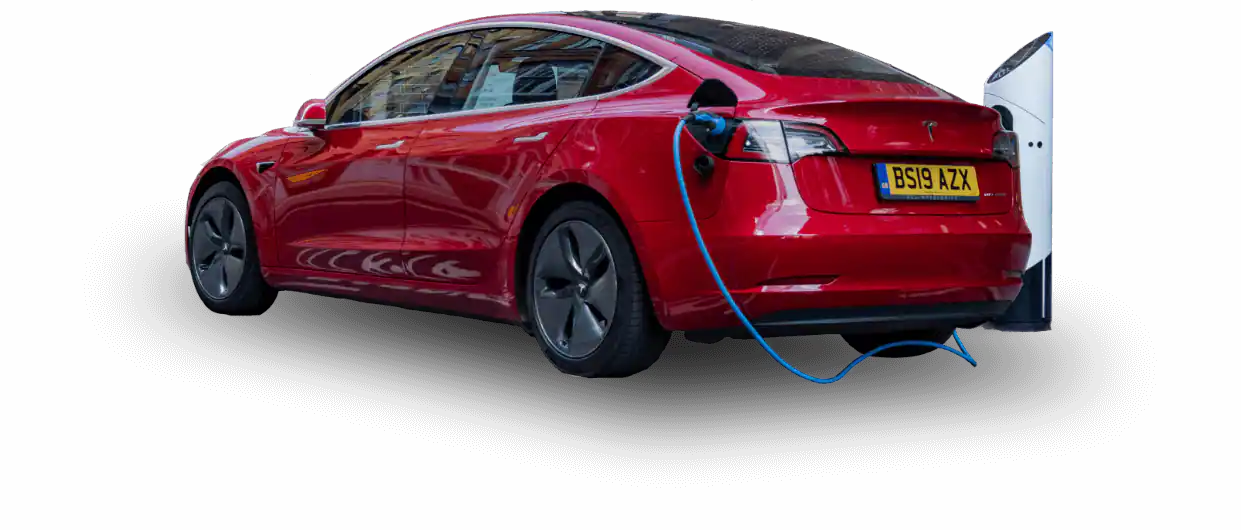
Future of EVs in Thailand
By 2030, Thailand wants to see 30% of all locally-made cars be electric vehicles. But there are still some issues, including the requirement for additional charging stations to accommodate the increasing number of electric vehicles on the road. Thailand has 1,482 public charging stations as of June 2023, but by 2030, major energy company PTT Oil & Retail Business Plc intends to have 7,000 charging stations in place.
Thailand must prioritise developing its manufacturing capacity, bolstering its R&D skills, and building a sizable local market to accept a sizable number of EVs manufactured locally in addition to providing charging infrastructure.
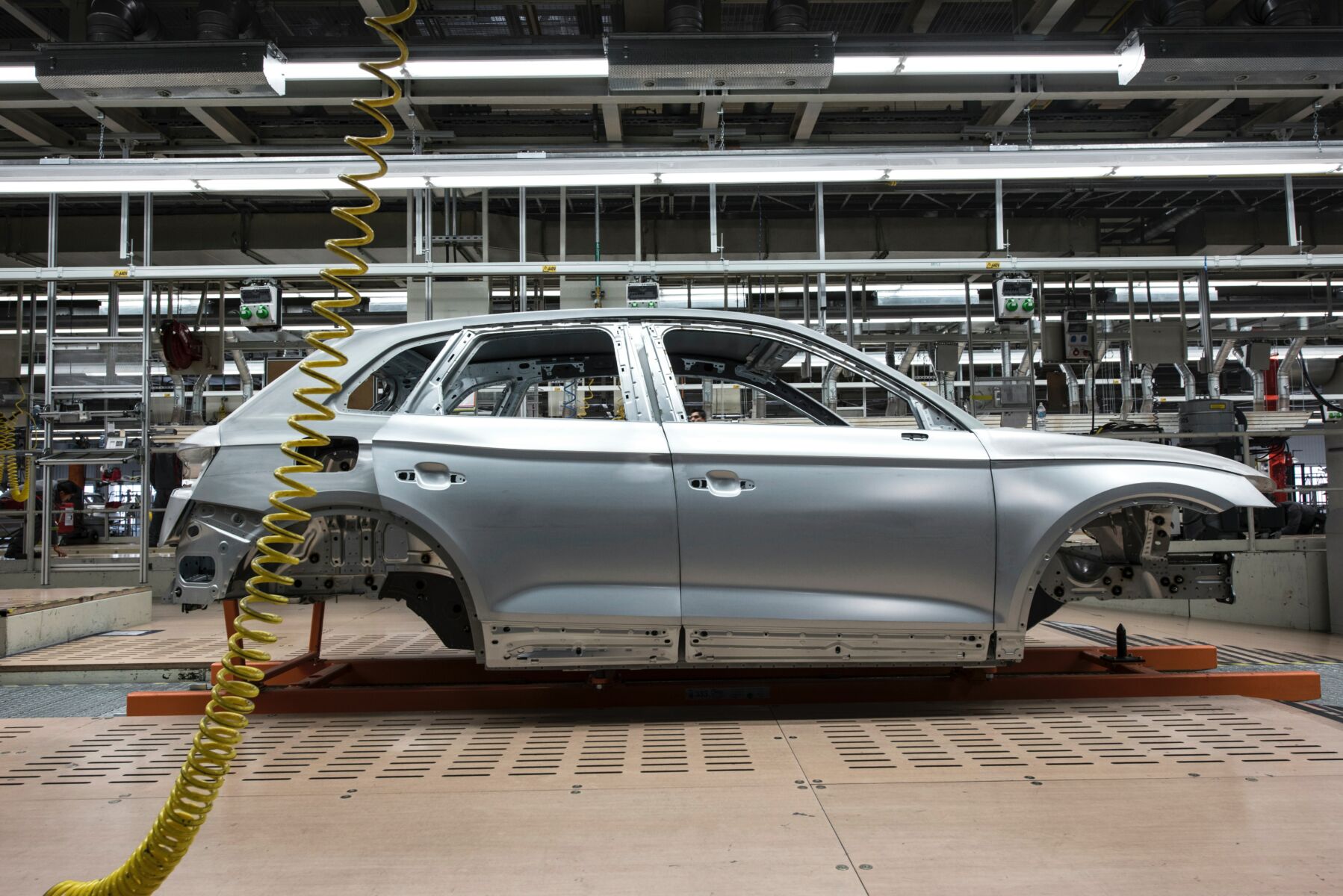
Automotive writer Nithi reports that while Thai customers are eager to try EVs, more information regarding these vehicles’ appropriateness for Thailand’s particular conditions won’t be available for a few years. Thailand, with its first-mover advantage, strong incentives, and comparatively bigger local market than neighbouring countries like Malaysia and Indonesia, has the potential to develop into an EV regional powerhouse. The ASEAN bloc’s cooperation, especially with regard to sharing battery materials and using each nation’s industrial advantages, has the potential to improve the region’s electric vehicle ecosystem.
All things considered, the surge of Chinese EVs in Thailand signifies a dramatic change in the nation’s auto sector and emphasises the shifting dynamics of the worldwide EV market. The outlook for electric mobility in Thailand is bright as more Chinese automakers join the Thai market and the government keeps pushing for EV adoption.
Want to read more about electric vehicles in Thailand? You can learn more about them through our article about Tesla in Thailand!
Latest Thailand News
Follow The Thaiger on Google News:


























